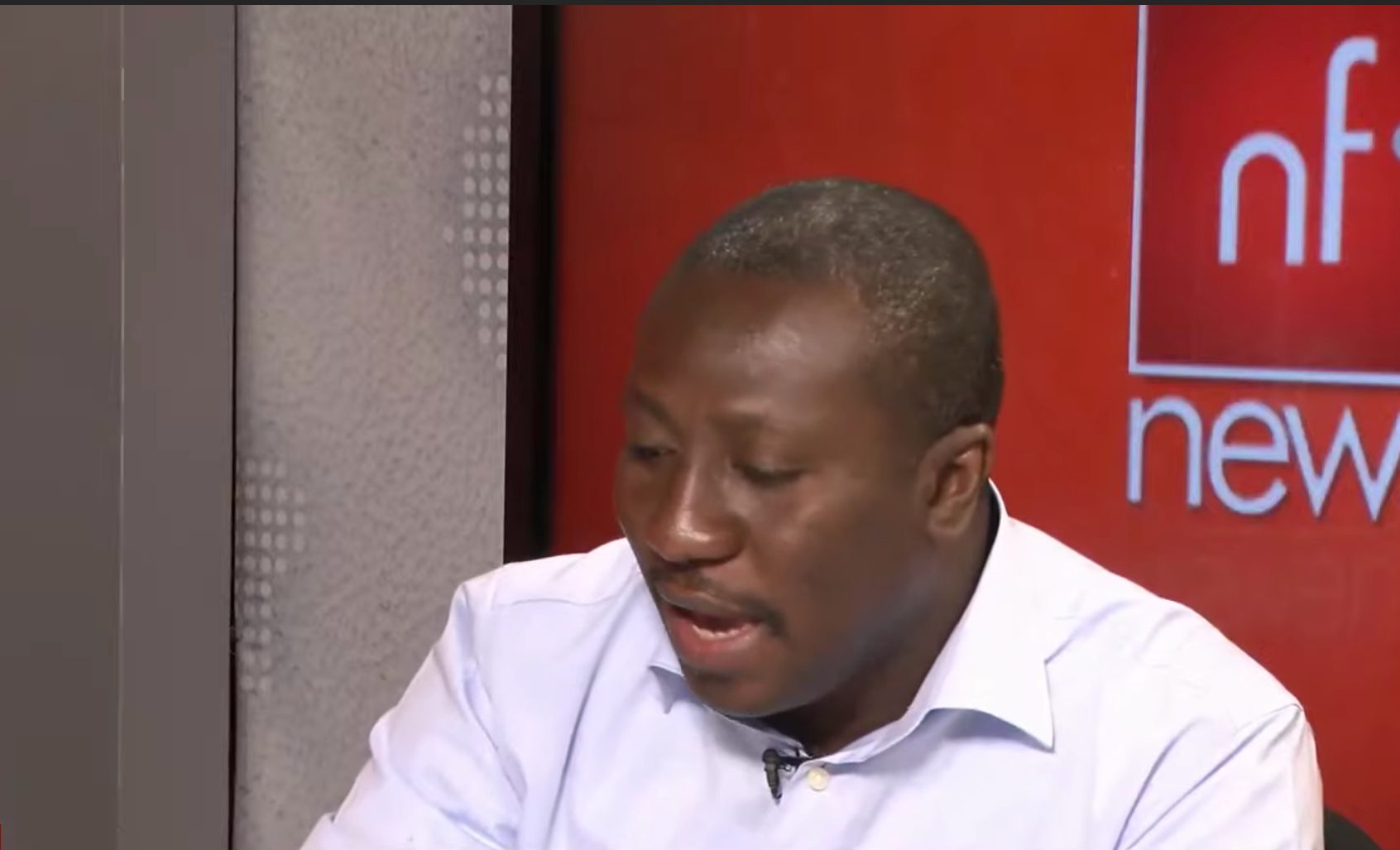[ad_1]
Member of Parliament for Efutu, Alexander Afenyo Markin, says the Electronic Transaction Levy (e-levy) is the first major tax the Akufo-Addo government has introduced since it took power in 2016.
According to him, the focus of the government – pre covid, covid and post covid – has always been to reduce the burden of the ordinary Ghanaian, hence the reduction of some taxes, scrapping of others and the introduction of policies such as and Free SHS.
“Until the introduction of e-levy, the NPP government had not made a major introduction of taxation. The first major decision of fiscal policy in terms of taxation is e-levy. The introduction of e- levy was a major decision taken by the government to help us get revenue to support our budget.”
“But we do not receive the necessary revenues, the government has been open to say that, because of this situation, we need to rely on an external party, this is the IMF. Is it wrong to go there? No, it depends on the conditions that they bring you here.”
The e-ley imposing a 1.5% tax on electronic transfers was implemented on May 1.
Some Ghanaians welcomed the idea while others were skeptical about paying the tax.
However, before its implementation, the government had noted that the introduction of the e-levy is part of the internal measures taken to raise funds for the country.
But in June, a senior member of the government, Gabby Otchere Darko, revealed that the e-levy did not meet the expectations of the government.
He stated in a tweet that the e-levy had generated less than ¢60 million, close to two months into its implementation.
Days later, the government announced its decision to go for an IMF bailout.
Mr. Afenyo-Markin on Newsfile stated that the government opting for an IMF bailout does not mean that the government has failed in its operations.
He explained that apart from the policies introduced, the government undertook a cleaning of the banking sector, paid more subsidies to farmers among others and also ensured that the debts left by previous governments did not affect the population.
“It’s not the case that this government folded its arms, made the debt and all that. No, that’s not the argument. If you look at all the pre-covid numbers, we were better off. We were forced to trust on our internal policies, believing we were going to have a smooth ride.
Mr. Afenyo-Markins believes that the IMF does not impose its policies on the country, but rather seeks to understand the policies that the government wants to do and offer a reliable financial program.
Meanwhile, the Ministry of Finance disclosed that the government will not end the 1.5% tax on electronic transactions, despite its request to the International Monetary Fund (IMF) for economic assistance.
This was reported in a statement by the Ministry on Tuesday, addressing key questions regarding the government’s continued commitment to the Fund.
Regarding the controversial tax, the Ministry explained that the government will add the tax proceeds to the support of the IMF to save the economy.
Addressing the question of whether the tax will be scrapped, the Ministry said: “NO. The IMF loan to Ghana will be for the support of the balance of payments (ie to strengthen the international reserves).
“The government is committed to ensuring the smooth operation of all taxes, including the e-levy, to ensure that in addition to IMF resources, the government can continue to support its development goals by itself, ensuring that the ratio of tax to GPD increases to its own. peer range of 16%-18%”.
DISCLAIMER: The Views, Comments, Opinions, Contributions and Statements made by Readers and Contributors on this platform do not necessarily represent the views or policies of Multimedia Group Limited.
[ad_2]
Source link

